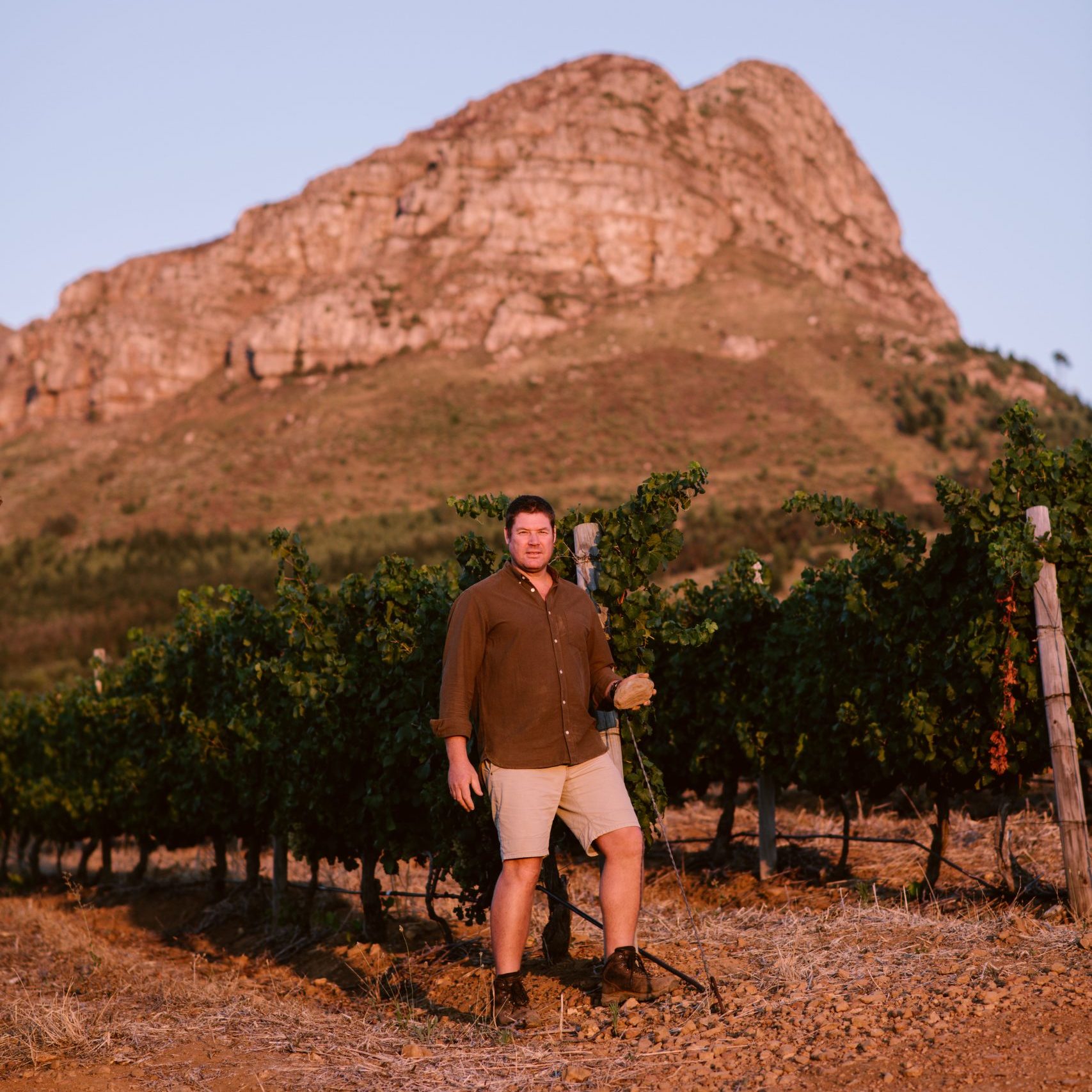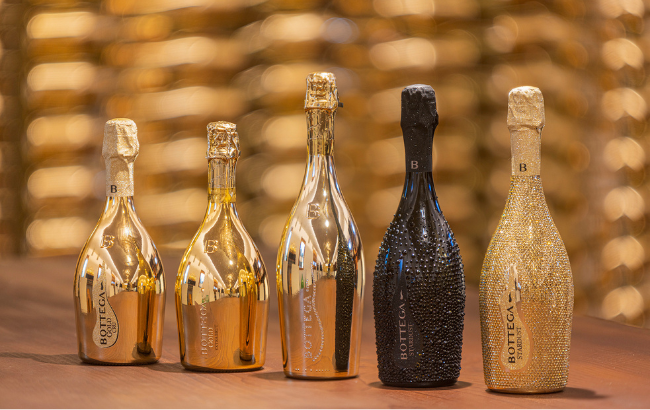Are US consumers ditching wine for hard seltzer?
By Edith HancockFollowing reports that wine consumption is starting to tail off in the US, further data has revealed that hard seltzer could be taking its place.
White Claw Hard Seltzer Natural Lime (PRNewsFoto/White Claw Hard Seltzer)
Around one in three adults in the US (77 million) consumed wine at at least once a month in 2019, down from 88 million in 2015, according to a survey from Wine Intelligence. And when it comes to the demographics, it is 21-34 year-olds who are most likely to report drinking less wine.
In a survey of around 2,000 consumers, just under 4 in 10 (39%) said they had reduced their wine consumption over the last 12 months. Two thirds of this group said they are drinking less in general, but the last 33% said they were cutting back on wine and switching to other alcoholic drinks.
This is where hard seltzer comes in. Within this latter group, which theoretically represents around 12% of the US’ wine-drinking population, the most popular beverages they were switching to are beer and hard seltzers.
Beer has long been established as an alternative, but owing to recent consumer concerns over high calorie counts and the sugar content of alcoholic drinks, seltzer is on the rise. The US alcohol market volume share of hard seltzer jumped threefold from 0.8% in 2018 to 2.5% in 2019, to 82.5 million nine-litre cases, worth approximately US$3.4 billion at retail value. Of these, the most popular brand is, by far, White Claw, which launched in 2016 and is set to to hit the UK soon.
Hard seltzers tap into a fair few consumer trends. They are typically packaged in aluminium cans, making them easily transportable and consumed on-the-go, the come with a lower ABV than wine (around 4-5%), and usually have a, comparatively low, calorie count prominently displayed on the label.
The Boston Beer Company, makers of Sam Adams, is the second-largest craft brewer in the world, but launching its Truly hard seltzer brand in April 2016, the company now sells more hard seltzer than it does beer.
Molson Coors, meanwhile, changed its name as part of a major restructure of the business last October to reflect the fact that it is branching out beyond mainstream lager and into other drinks such as hop-flavoured sparkling water, craft beer, and hard seltzer.
The most likely regular wine drinkers to try hard seltzers are under the age of 35, according to the Wine Intelligence survey. According to findings uncovered in the report, 49% of hard seltzer drinkers who also drink wine monthly are under this benchmark, while 73% are 45 or younger.
Partner Content
Even Californian wine giant Barefoot has entered the hard seltzer game with a range of four white wine-based drinks set to go on sale in the US next month. Barefoot’s pricing is slightly higher than White Claw, which costs US$14 for a 12-pack.
As a category, wine isn’t directly under threat because of the rise in popularity of hard seltzer, but it is perhaps under threat from younger consumers looking for alternatives to the drinks already on the market they know to have high calories sugar contents, and ABVs.
Lulie Halstead, CEO of Wine Intelligence, said: “The American love affair with wine is far from over, but it is clear that wine businesses selling in the US market are facing something of a ‘perfect storm’. Occasions for alcoholic beverage consumption are shrinking, particularly among younger consumers, and the range of beverages is growing – including hard seltzer but also craft beer, hard cider and craft spirits.
“Our tracking data is also showing that wine is growing increasingly reliant on Baby Boomers – those in their 60s and above – to drive volume in the sector. The younger generation is working out what its relationship with alcohol will be for the next 30+ years, and wine should not be taking anything for granted.”
Read more
db Reader: What the UK needs to know about the hard seltzer revolution




